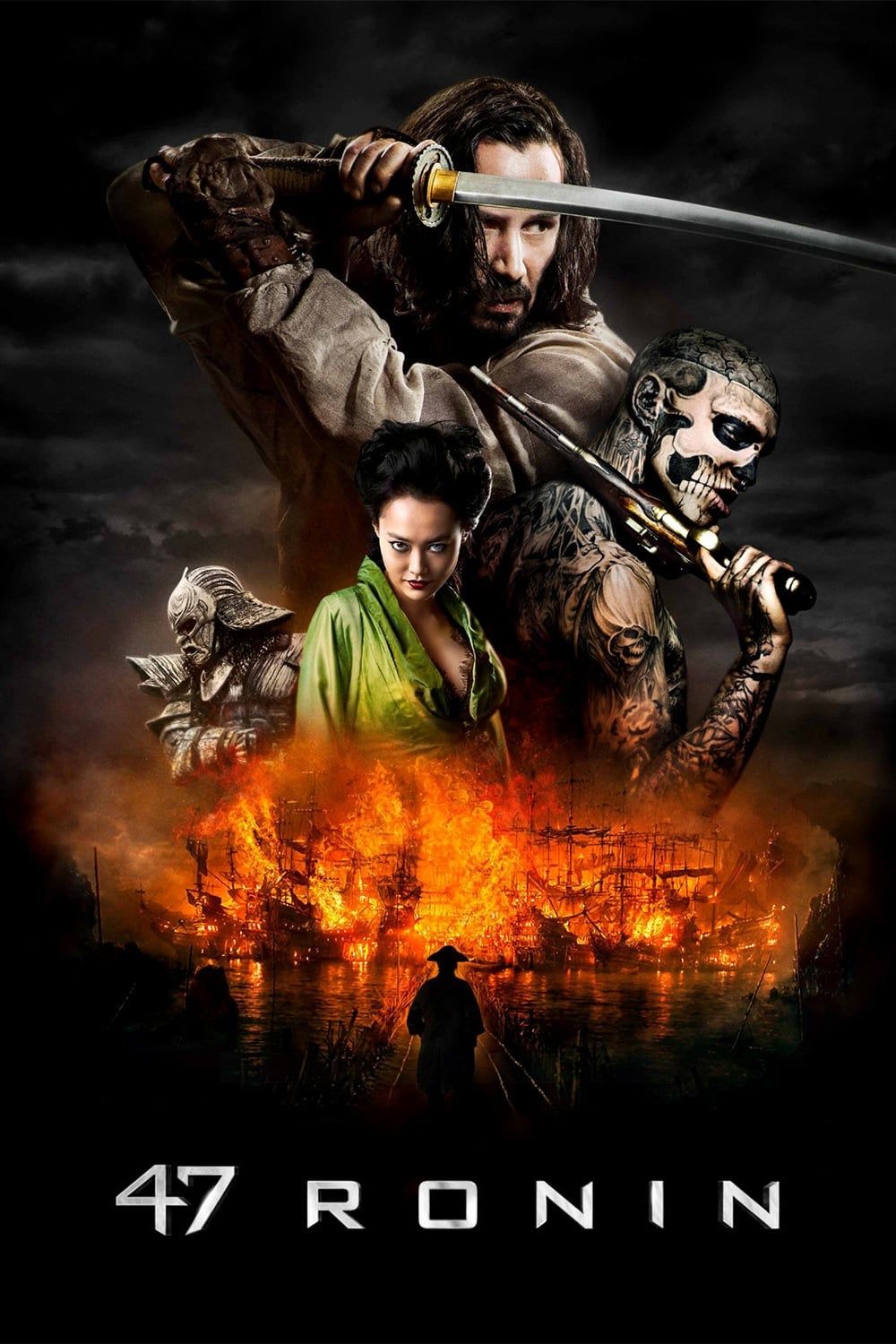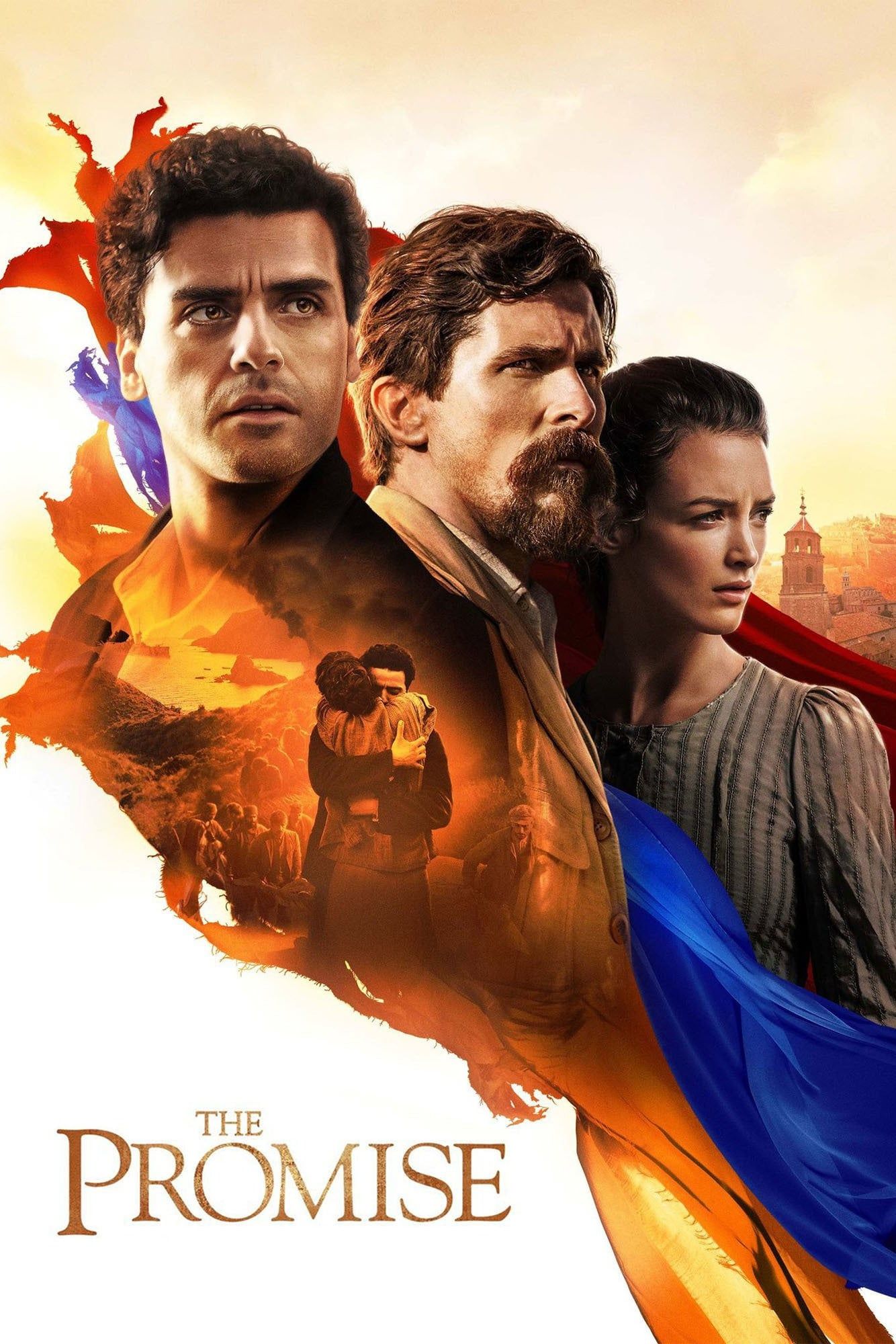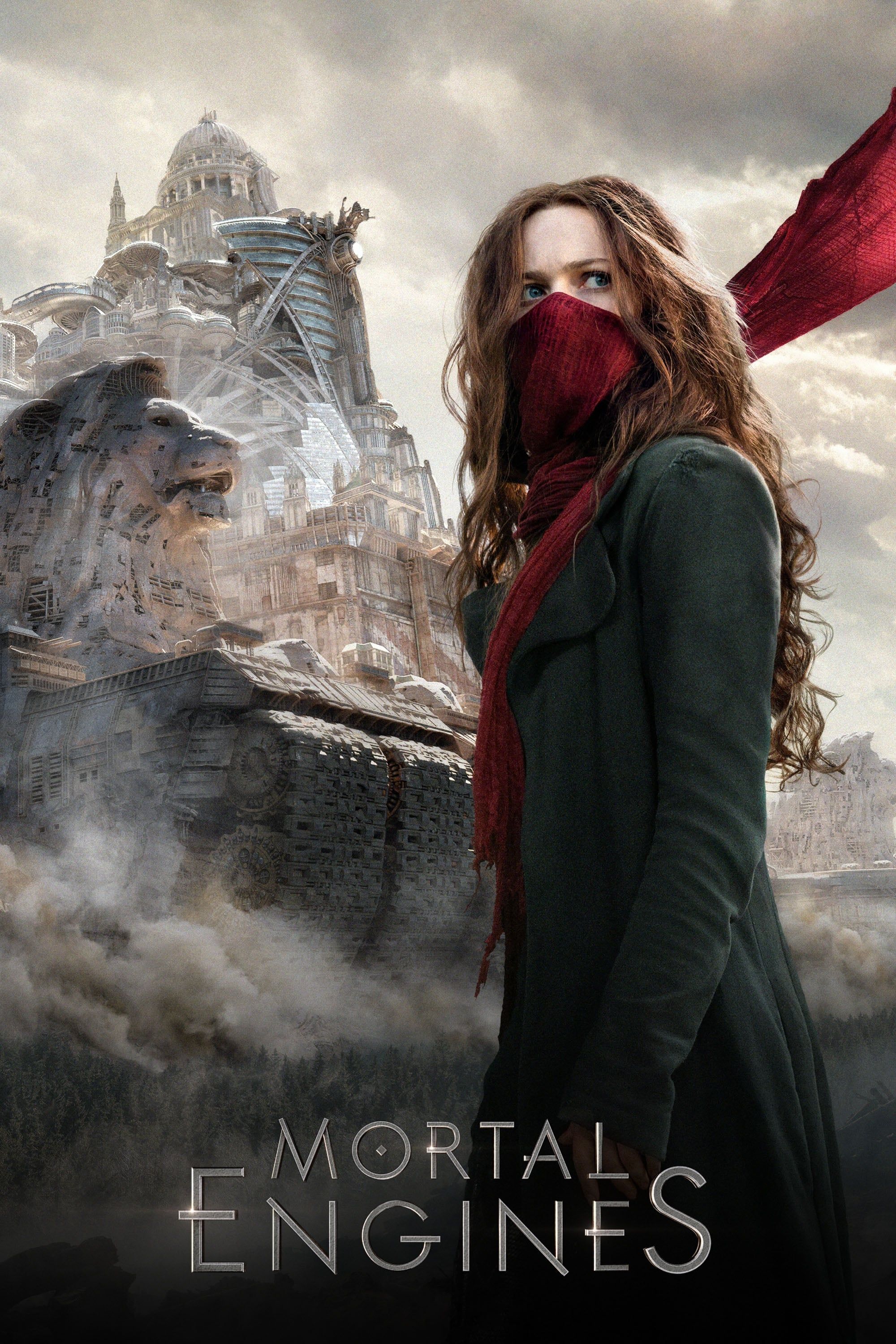Like any other decade, the 2010s contained both smash-hit films and total bombs. That said, it’s probably the standout decade for box office bombs. From notorious Transformers rip-offs to utterly hollow but fully star-studded rom-coms, there were quite a few films that studios had a lot of faith in…and that faith decidedly did not pan out or pay off.
Quite a few of the following films were fourth quarter, holiday movie season releases, which almost begs the question of whether December is as much a dumping ground as the notorious January. That month, of course, is when studios shove either mid-budgeted movies with a chance of success or high-budgeted movies with zero chance of success into theaters.
Well, also the previous year’s Oscar bait limited releases that then expanded (American Sniper definitively altered the perspective on January’s box office potential). But, suffice it to say, whether they were released in January, April, July, or October, the following films were nowhere near as profitable as American Sniper.
20 How Do You Know (2010)
How Do You Know
- Release Date
- December 17, 2010
- Director
- James L. Brooks
- Runtime
- 116
Estimated Loss of $104 Million
There were so many different potential ways Jack Nicholson could have ended his storied, legendary cinematic career. But, like Gene Hackman with Welcome to Mooseport, the final entry in his filmography is nothing short of forgettable at best…and dysfunctional at worst. If there’s a bland, almost outright unlikable rom-com from the 2010s, it’s How Do You Know.
Did it Work at All?
It’s odd, because director James L. Brooks is legitimately phenomenal at crafting character-focused pieces. Terms of Endearment, Broadcast News, As Good as It Gets, these are all Brooks’ works. And, suffice it to say, the yuppie-focused nonsense that is How Do You Know doesn’t hold a candle to those films’ effectiveness.
Even considering the inclusion of Nicholson, Owen Wilson, Reese Witherspoon, and Paul Rudd, the film’s price tag of $120 million was absolutely preposterous. It never stood a chance. But, even if it was just $20 million, How Do You Know would not have been considered a successful film. Rent on AppleTV.
19 Mars Needs Mom (2011)
Estimated Loss of $100 to $144 Million
Mars Needs Moms had a budget of $150 million, so it essentially was hinging on the impressiveness of its special effects more than it was the incisive relatability of its narrative. As a movie, it’s fine, but in the end, it’s hard to figure why Disney felt this script warranted $150 million. And, for that matter, it’s hard to figure why its visual effects aren’t actually as impressive as the filmmakers clearly think they are.
Just How Poorly Did it Do?
The marketing team had an uphill battle and, when all was said and done, Mars Needs Moms had garnered a paltry $21.4 million from domestic screens and an even worse $18.4 million from overseas markets. It’s known as one of cinema history’s biggest bombs. And, by this point in time, it’s hard to find it on Blu-ray anywhere outside Amazon, so eventual profitability is a laughable prospect. Stream on Disney+.
18 John Carter (2012)
Estimated Loss of $112 to $200 Million
While the heartfelt John Carter is one of the more underappreciated films on this list, it’s not without its flaws. Andrew Stanton’s film is an adaptation of the classic works by Edgar Rice Burroughs, where a Civil War veteran is transported in the blink of an eye to Mars. Or, as its residents label it, Barsoom. And, like Earth, Barsoom is consumed by combat.
What Factors Led to Its Failure?
John Carter came equipped with a gargantuan $250 million budget. That’s a figure reserved for an IP’s third installment, after actor contract renegotiations and increased expenditure on effects are taken into account. And, more troubling, most people hadn’t heard of John Carter (who was popular in the 1910s and ’20s) in 2012. It just looked like a Star Wars clone, one without any (at the time) widely-recognizable stars (save for the voice of Willem Dafoe). Stream on Disney+.
17 Battleship (2012)

Battleship
- Release Date
- April 11, 2012
- Director
- Peter Berg
Estimated Loss of $150 Million
2012 was not kind to the likable and talented Taylor Kitsch. In a single year, he headlined two of cinema history’s biggest bombs. But, while there were some critics who saw the merit to John Carter, Battleship was just a flat-out punchline. And, considering it’s an alien invasion movie adaptation of a board game that contained zero aliens, that’s quite fair.
Was it Summer 2012’s Biggest Bomb?
The fairly blatant attempt to replicate Transformers success was absolutely the biggest financial failure of the Summer 2012 movie season. Even without the toxic word-of-mouth that followed the release of both the trailer and the film itself, it would have had a mighty hard time going toe-to-toe with The Avengers. Stream on FuboTV.
16 Jack the Giant Slayer (2013)
Estimated Loss of $103 Million
There is crowd-pleasing and there’s playing it safe. Jack the Giant Slayer is one of the ultimate examples of a movie playing it safe. And, with that said, it is beyond a doubt the ultimate example of a movie playing it safe and paying a heavy price for that. Essentially, the narrative of Bryan Singer’s film follows Nicholas Hoult’s title character as he ascends the bean stalk with some soldiers and a greedy king to rescue the woman he loves (who the king does not, but intends to marry anyway).
Jack the Giant Flop
Not one line in this film’s script is free of cliché. There’s nothing here audiences haven’t seen done better elsewhere. This includes the giants, which the movie clearly thinks are impressive but don’t look as good as anything found in the first few Pirates of the Caribbean movies. The fact that it took $195 million to bring them to life is truly shocking. The fact that it only pulled in about $198 million worldwide? Not so much. Rent on ApplyTV.
15 The Lone Ranger (2013)
Estimated Loss of $160 to $190 Million
The Lone Ranger follows the title character and his quasi-pal, Tonto, as they seek to break apart the plans of a local railway tycoon. There was a major difference in Johnny Depp’s star power when the initial three Pirates of the Caribbean films were released and when The Lone Ranger was. He’d yet to hit the mire of controversy and a very public court case, but his star was still dimming.
The Lone Installment
And, considering Armie Hammer was not quite yet an A-lister (and now never will be), a lot was hinging on audiences’ love for the IP. But it’s The Lone Ranger which, like John Carter, is not a widely embraced franchise by this point in time. With a budget of $215 million, Ranger could only shoot up to $260 million worldwide. No sequel for this tag team. Rent on AppleTV.
14 47 Ronin (2013)

47 Ronin
- Release Date
- December 6, 2013
- Runtime
- 119
Estimated Loss of $95.8 Million
47 Ronin, a modern adaptation of the classic Japanese story, features Keanu Reeves as Kai, a loner who is nonetheless adopted by a different culture. Specifically, by the Oishi samurai. And, even if the man who adopted him wasn’t Kai’s real father, he’s as anxious as his fellow (but more official) samurai to exact vengeance on the sorceress who killed him.
How Short Did It Fall?
With a production budget of at least $175 million (potentially as high as $225 million), 47 Ronin‘s road to profitability was as great a journey as the one faced by Keanu Reeves’ Kai. And, while the film is actually gorgeous and a good bit of fun, its $152 million worldwide tally was not sufficient. Rent on AppleTV.
13 Jupiter Ascending (2015)
Estimated Loss of $95 to $120 Million
The Wachowskis’ Jupiter Ascending is an intergalactic tale of noble titles, cat ears, and horrid dialogue. Toss in a fully unmodulated performance from Eddie Redmayne, and it’s a film that alienates far more than it embraces general audiences. This even if Channing Tatum is wearing the cat ears and Mila Kunis is playing the unappreciated member of a royal family.
Definitely Not The Matrix
With its $175 million budget, outlandish but pretty imagery, and a bizarre February release date (not the time to put out a high-budget film, not at all), Jupiter Ascending never had much of a chance. But, for it to do even worse than Cloud Atlas? That’s impressive, just not in a good way. Rent on AppleTV.
12 The Promise (2016)

The Promise
- Release Date
- December 2, 2016
- Director
- Terry George
- Runtime
- 130
Estimated Loss of $92 to $102.1 Million
The Promise is a love triangle that takes place during the tail end of the Ottoman Empire. Oscar Isaac portrays an Armenian medical student, Christian Bale portrays an American journalist, and Charlotte Le Bon stars as the film’s true soul: An Armenian-born dance instructor raised in a different country (France) who still has never forgotten her heritage.
An Immediately-Forgotten Promise
Even with Isaac and Bale on the poster, The Promise came and went with nary a word said of it. With a preposterous $90 million budget (given how much potential fiscal appeal it had) and a limited marketing campaign, The Promise barely got any play. And, given the subject matter, it was never going to get back $90 million from streaming agreements. Stream on Max.
11 Monster Trucks (2016)
Estimated Loss of $108 to $123.1 Million
January is notoriously the dumping ground for projects that major studios have spent major money on, yet do not have major confidence in. Monster Trucks is a great example of that, and an even better example of how movies like that don’t necessarily need to be lackluster. Because, as it stands, this lighthearted story of a car-loving teen whose truck is powered by an alien squid is fairly solid Sunday afternoon diversionary fare.
Too Outlandish?
Yes, Monster Trucks was too outlandish. No matter how macro-scale accessible a film’s tone is, if the plot doesn’t appeal widely, ticket sales are going to be disappointing. And, considering the studio put $125 million into Monster Trucks as if it was an established property like Transformers (or G.I Joe for that matter, even Battleship), the chance for success was really slim. Stream on Paramount+.
10 Transformers: The Last Knight (2017)
Estimated Loss of Over $100 Million
The Transformers franchise became an exercise in diminishing returns once it felt like the whole story (as it were) had been told come the close of 2011’s Transformers: Dark of the Moon. Age of Extinction, even with the addition of Mark Wahlberg, fell short. But it didn’t bomb like the fifth film, Transformers: The Last Knight.
Last Knight, Last Michael Bay Transformers
The Last Knight, with its $217 million budget and $605 million worldwide total, isn’t the biggest bomb on this list. But it certainly showed that the franchise needed some reinvigoration. And, while that didn’t happen fiscally with Bumblebee, that film showed the IP can indeed be well-reviewed. Stream on Paramount+.
9 King Arthur: Legend of the Sword (2017)
Estimated Loss of $112 to $153.2 Million
Charlie Hunnam is about as likable as an actor can get, and his work with Guy Ritchie on The Gentlemen was quite solid. But, King Arthur: Legend of the Sword, which is a cartoonish take on the historical icon taking on his uncle/father’s murderer, was not the right project to boost his profile. Stylish to a fault and riddled with stilted dialogue, it’s not a very pleasing crowd pleaser.
Guy Ritchie’s Misfire
King Arthur has never been a financially viable cinematic property. And, like the utterly forgettable Clive Owen King Arthur from the early aughts, Guy Ritchie’s take floundered hard. Released shortly after Guardians of the Galaxy Vol. 2, Legend of the Sword (with its absolutely absurd $175 million price tag) only netted $149 million worldwide. Rent on AppleTV.
8 Ghost in the Shell (2017)
Estimated Loss of $60 to $100 Million
A Hollywood cinematic adaptation of the classic anime property, Ghost in the Shell was an odd duck. A tale of a soul placed in the mechanical body of a tailor-made assassin is, on the surface level, not the most macro-scale appealing narrative. Yet, even if it doesn’t hold a candle to the work that directly inspired it, Ghost in the Shell is pretty and a good bit of fun, even if there are some minor pacing issues.
Not Even the Fans Showed Up
Ghost in the Shell caught a lot of flack for whitewashed casting. But, if you’re going to market a big-budget film in the United States, you need a star. Scarlett Johansson is a star, yet not even she could take the $110 million film (which really isn’t as expensive as it looks) to the level of profitability. Rent on AppleTV.
7 A Wrinkle in Time (2018)
Estimated Loss of $130.6 Million
Not even Disney films are immune to failure, including ones led by Reese Witherspoon, Oprah Winfrey, and Chris Pine. Based on the 1962 novel of the same name, Ava DuVernay’s A Wrinkle in Time was a sci-fi fantasy film with a lot of star power but very little in its narrative to help it stand out. There’s much merit to the story of a little girl trying to find her missing father, but not enough when factoring in a budget that’s at least $100 million.
A Mouse House Misfire
At the very least, A Wrinkle in Time needed to garner $200 million worldwide. It pulled in a little over $133 million. In a way, especially given the presence of Winfrey, it’s a surprising failure, but the bland trailers truly did DuVernay’s film no favors.
6 Mortal Engines (2018)

Mortal Engines
- Release Date
- November 27, 2018
- Director
- Christian Rivers
- Main Genre
- Sci-Fi
- Runtime
- 128
Estimated Loss of $174.8 Million
Steampunk YA movie Mortal Engines, produced by Peter Jackson, was based on the 2001 novel of the same name by Philip Reeve. It’s a revenge tale told in a post-apocalyptic land where cities such as London have been effectively given life. They now walk, and they now consume, but being fueled and funded by greed has not changed. Just ask the murderous Deputy Lord Mayor Thaddeus Valentine (Hugo Weaving).
So It Just Didn’t Stand Out?
When the trailers for Mortal Engines started to play, one could feel the ambivalence in the theater. Save for Weaving there wasn’t a single recognizable star, the steampunk vibe is relatively niche, and the plot looked a little hollow. Toss in the fact the book was never exactly The Giver, and it’s hard to understand why this thing cost at least $100 million. It’s visually impressive and led by an impressive performance from Hera Hilmar, but that’s about it. Stream on AMC+.
5 Terminator: Dark Fate (2019)
Estimated Loss of $110 to $130 Million
After James Cameron’s two Terminator films, Hollywood knew it had an IP worth capitalizing on. That worked out okay with the unremarkable but entertaining Terminator 3: Rise of the Machines, but then Terminator Salvation altered the formula entirely. And, as a result, it fell short, but not as short as Terminator Genisys, which was a course correction but also retained the PG-13 rating and upped the silliness to an intolerable degree.
How Does it Compare?
Terminator: Dark Fate, however, is the real third Terminator film. It now works as a trilogy, even if the third installment is truly the Return of the Jedi of its trilogy. And, yet, fans had been burned before, so they didn’t show up. And, unless it’s 1984 or 1991, the IP had nothing visually distinctive to offer audiences, so they figured ‘Why bother?’ when it actually counted. Here’s hoping Dark Fate gets its deserved audience in time. Rent on AppleTV.
4 Cats (2019)

Estimated Loss of $71 to $113.6 Million
Cats may be a beloved musical, but it was never meant to be a film. Having an animal with a human voice? That can work. Having a CGI merging of human and feline? That does not, regardless of whether they’re singing at the time or played by performers as talented as Dame Judi Dench.
How Much Did It Lose?
With a $95 million price tag and stiff competition during the holiday 2019 movie season, Cats got scratched hard. When all was said and done, it had only raked in $27 million from domestic screens and $48 million from overseas venues. In other words, it needed to make at least $190 million and did not. Stream on Netflix.
3 Missing Link (2019)
Estimated Loss of $101.3 Million
Laika’s Missing Link was liked by critics, but very much ignored by general audiences. This is a shame, because this story of a big friendly Sasquatch (voiced by Zach Galifianakis) going on an adventure with an explorer (Hugh Jackman) to find his squatch parents is a delight. Along for the ride is Zoe Saldaña’s adventurer Adelina Fortnight, making this a film led by three of the most talented and likable performers in the industry.
What Was the Price Tag?
With a budget of $100 million, Missing Link wasn’t just Laika’s biggest gamble, it was the most expensive stop-motion animated film ever made. And, with an absolutely minuscule $26.6 million from all markets combined, the movie earned a little over a 10th of what it should have to reach profitability. Rent on AppleTV.
2 Dark Phoenix (2019)
Estimated Loss of $79 to $133 Million
Like X-Men: The Last Stand, Dark Phoenix is a cinematic telling of the Phoenix storyline, one of the IP’s most famous. And, also like that Brett Ratner forgettable fluff, there’s absolutely nothing of merit here. In fact, it even reeks of the studio meddling that did, in fact, take place. It’s a broken movie and never once enjoyable.
Dark Indeed
Dark Phoenix marked an extremely muted end to the rebooted X-Men franchise. First Class was genius and did okay at the box office, Days of Future Past was solid as well and did even better at the box office, but Apocalypse shook the trunk. And, apparently, most of the ticket-buying branches fell off then. Stream on Disney+.
1 Gemini Man (2019)

Gemini Man
- Release Date
- October 2, 2019
- Runtime
- 117
Estimated Loss of $111.1 Million
Gemini Man stars Will Smith (and Will Smith) as the same assassin at two different points in their life. Well, technically, the younger version is just a clone of the younger version of the real thing. But, either way, they shoot at each other until they realize there’s a higher power they should be shooting at instead.
Is This Ang Lee’s Misfire?
Without a doubt. Ang Lee has directed some wonderful films. Sense and Sensibility, Brokeback Mountain, Life of Pi, and Crouching Tiger, Hidden Dragon have all gained considerable clout. But Gemini Man is different from those films. Why? It’s so focused on how impressive it thinks its special effects are (the de-aging tech thing has been done better elsewhere) that it forgets to give even a thought about character development. The film didn’t stand out. Rent on AppleTV.



